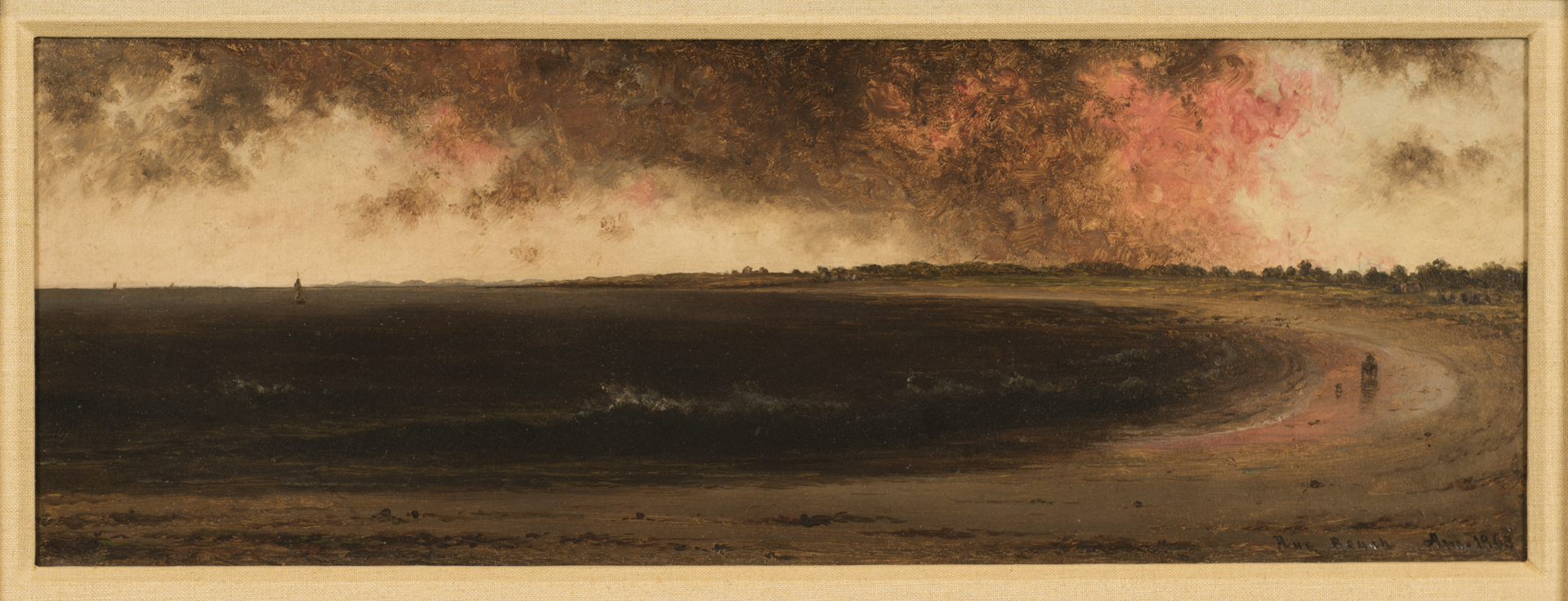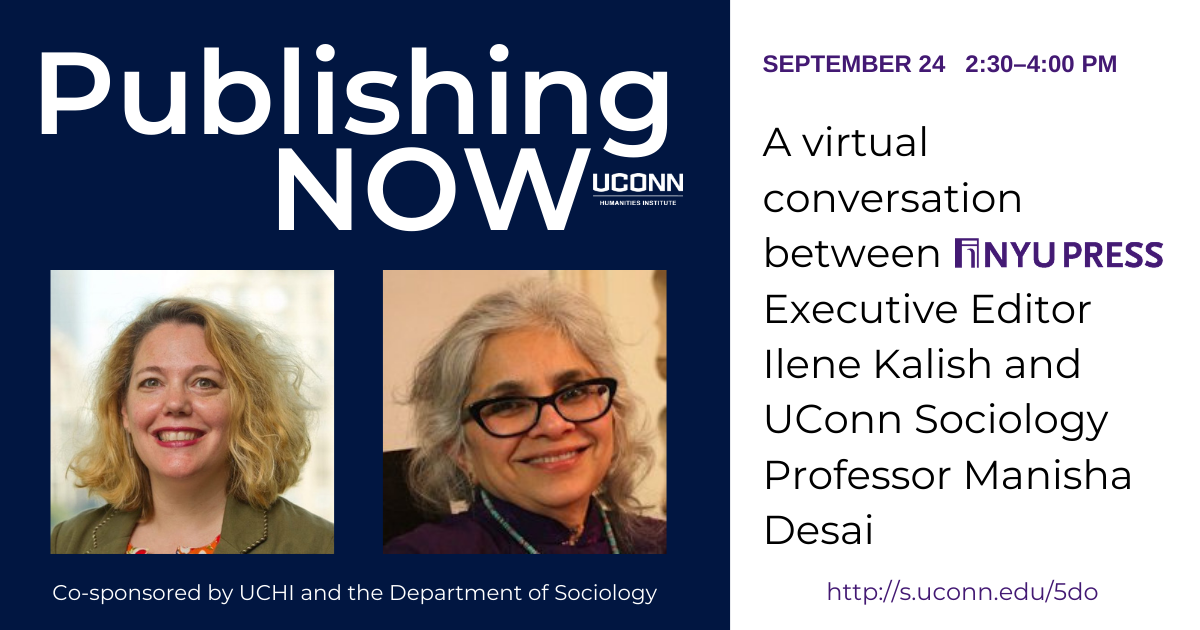In celebration of 20 years of UCHI and as part of our ongoing You Should… series, we’ve asked former fellows and other friends of the Institute to recommend something related to their work or process. Read them all here.
You should watch Sambhaji Bhagat, a Dalit artist, activist who has revived and revolutionized Jalsa, a Marathi folk performance art to foster Dalit rights but also challenge other social inequalities, including gender and those resulting from neoliberal globalization. Traditionally, all the parts were performed by men. Sambhaji includes women in his Jalsas. In this clip he excoriates those who take the measure of a person in terms of their caste and identifies who these people are, some in Delhi (i.e., politicians) some in Mumbai (i.e., corporate and entertainment titans) and some right here in the audience. He addresses issues of Hindutva and neoliberal globalization among others.
There are few translations of his performance and along with colleagues in Mumbai, we’ve begun a project of translating his songs and poems in an anthology.
You can learn a little more about him in this article.
– Manisha Desai
Professor of Sociology and Asian and Asian American Studies
University of Connecticut
 Who is Manisha Desai? Manisha Desai is Professor of Sociology and Asian and Asian American Studies at the University of Connecticut. Committed to decolonizing knowledge and social justice, her research and teaching interests include Gender and Globalization, Transnational Feminisms and women’s movements, Human Rights movements, and Contemporary Indian Society. Currently, she’s working on a book manuscript on the Changing Contours of the Women’s Movement in India. Based on nine months of ethnographic research, funded by the American Institute of India Studies Senior Fellowship, she examines the new articulations of women’s activism with Dalit struggles, Anti-Communalism, and the rural and urban crises of neoliberal policies for the marginalized. Her forthcoming publication with Rianka Roy, Krantijyoti Gyanjyoti Savitribai: The Light of Revolution and Knowledge is the start of a new project on what she calls “the second decolonial moment,” in the Global North and South, to bring the work of 19th century Dalit theorist Savitribai Phule and her collaborators in the Satya Shodhak Samaj (the Society of Truth Seekers) to a larger audience.
Who is Manisha Desai? Manisha Desai is Professor of Sociology and Asian and Asian American Studies at the University of Connecticut. Committed to decolonizing knowledge and social justice, her research and teaching interests include Gender and Globalization, Transnational Feminisms and women’s movements, Human Rights movements, and Contemporary Indian Society. Currently, she’s working on a book manuscript on the Changing Contours of the Women’s Movement in India. Based on nine months of ethnographic research, funded by the American Institute of India Studies Senior Fellowship, she examines the new articulations of women’s activism with Dalit struggles, Anti-Communalism, and the rural and urban crises of neoliberal policies for the marginalized. Her forthcoming publication with Rianka Roy, Krantijyoti Gyanjyoti Savitribai: The Light of Revolution and Knowledge is the start of a new project on what she calls “the second decolonial moment,” in the Global North and South, to bring the work of 19th century Dalit theorist Savitribai Phule and her collaborators in the Satya Shodhak Samaj (the Society of Truth Seekers) to a larger audience.



